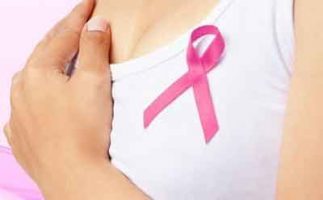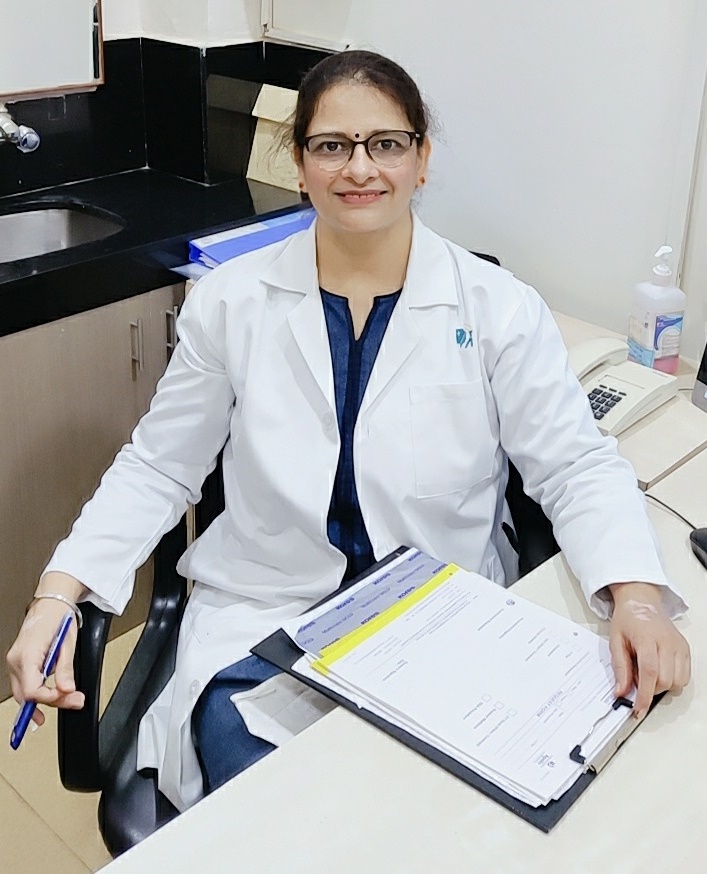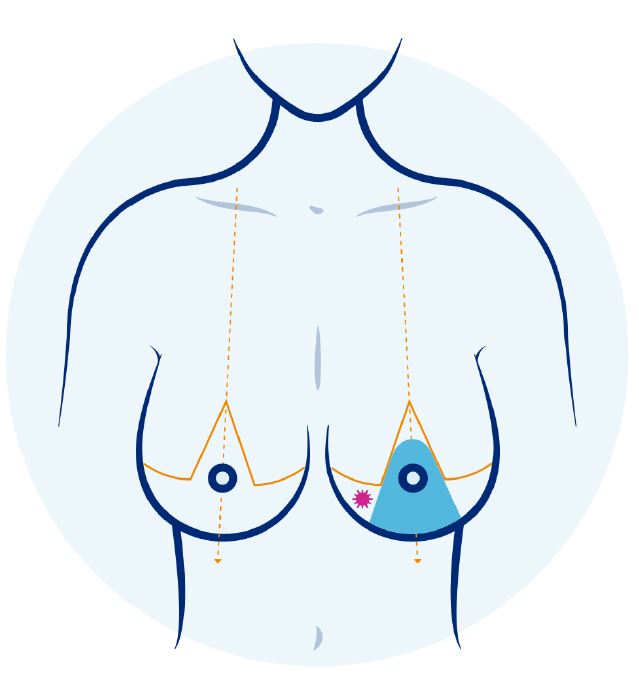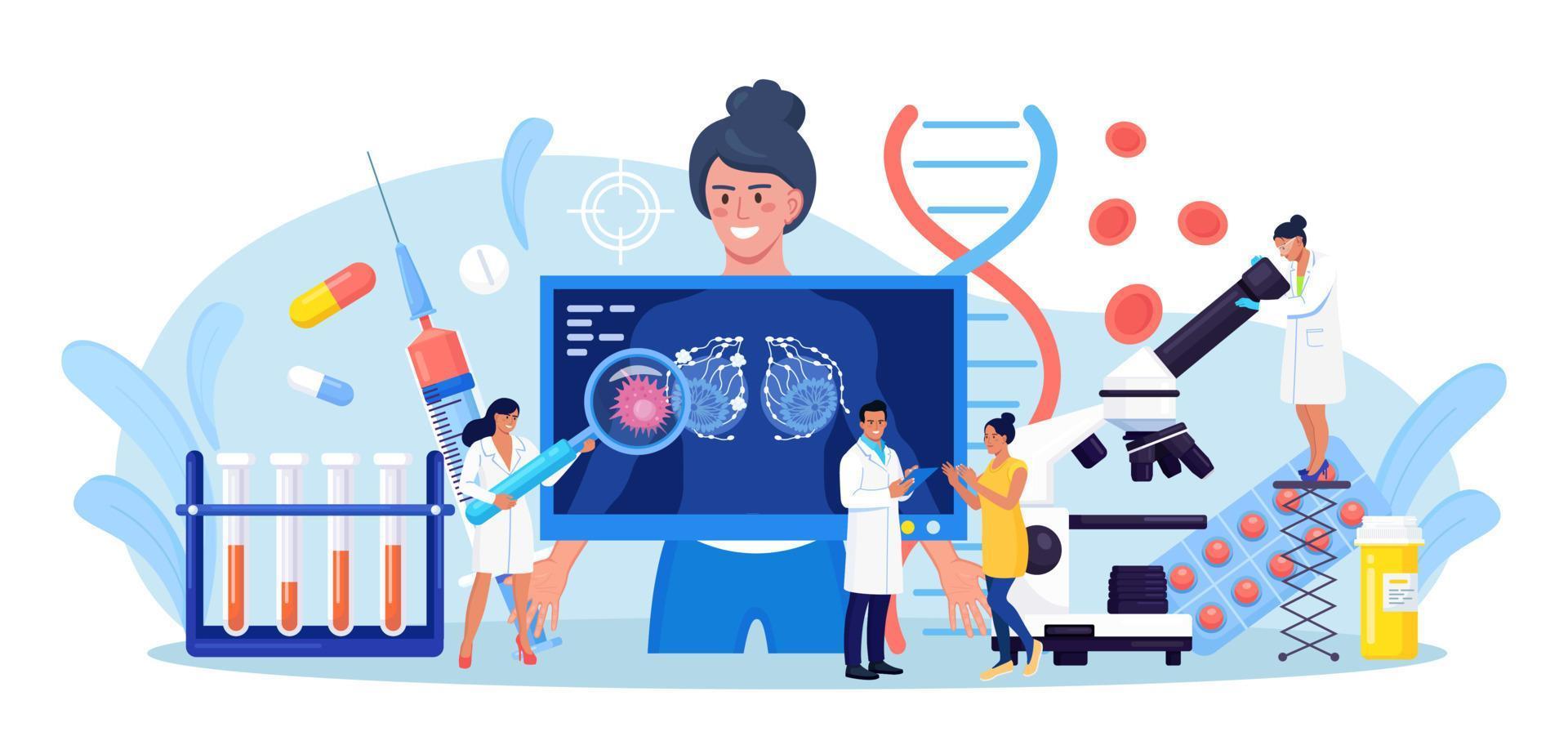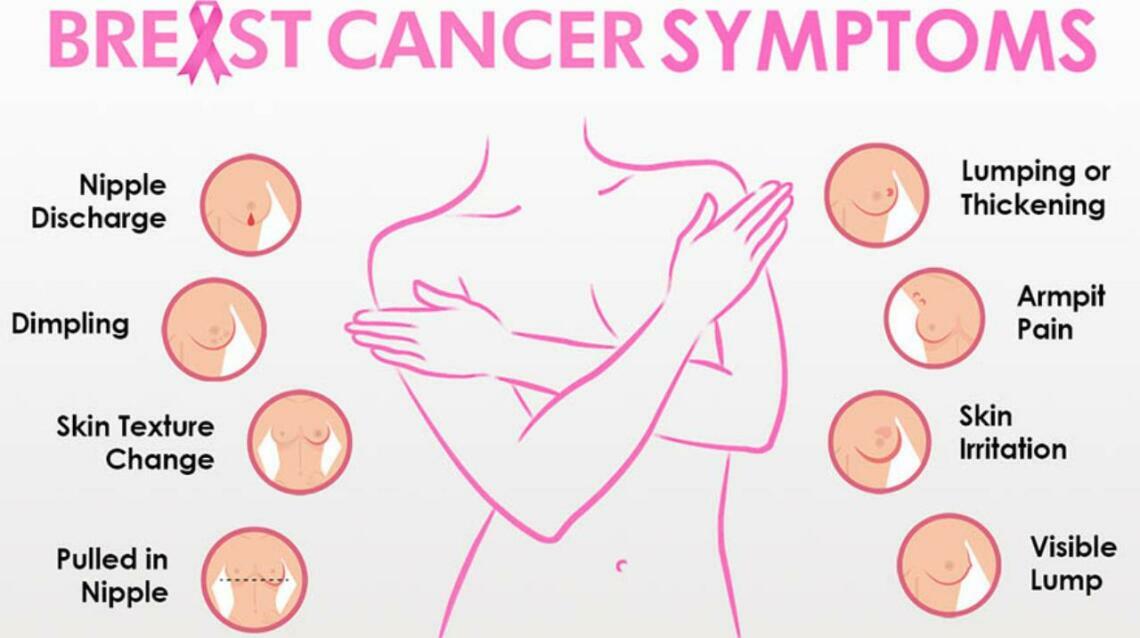Breast cancer can be hereditary in some cases, meaning it is passed down through families due to genetic mutations. Two well-known genetic mutations associated with an increased risk of hereditary breast cancer are BRCA1 and BRCA2.
- BRCA1 and BRCA2 Mutations: Mutations in the BRCA1 and BRCA2 genes significantly increase the risk of developing breast cancer. Individuals with these mutations have a higher lifetime risk of both breast and ovarian cancers. While these mutations are relatively rare in the general population, they are more common among certain ethnic groups, such as Ashkenazi Jews.
- Other Gene Mutations: Besides BRCA1 and BRCA2, mutations in other genes, such as TP53, PTEN, CHEK2, and PALB2, can also be associated with an increased risk of breast cancer, although the risk may not be as high as with BRCA mutations.
It’s important to note that hereditary breast cancer accounts for a small percentage of all breast cancer cases. The majority of breast cancers are sporadic, meaning they occur without a strong family history or a known genetic mutation.
If you have a family history of breast cancer, especially if multiple family members have been affected at a young age or if ovarian cancer is also present in the family, you may consider genetic counseling and testing. A genetic counselor can assess your risk and discuss options for genetic testing. Keep in mind that having a genetic mutation does not guarantee that you will develop breast cancer, but it can help determine appropriate screening and risk-reduction strategies.
Additionally, even in families with known genetic mutations, not everyone who inherits the mutation will develop cancer. Risk factors such as lifestyle, reproductive history, and other genetic factors also play a role in cancer development.
Regular breast cancer screening and discussions with a healthcare provider or genetic counsellor are essential for individuals with a family history of breast cancer to assess their risk and make informed decisions about their healthcare.
For further guidance, consult Dr. Rajinder Kaur Saggu, one of the top Breast cancer surgeon in Delhi.
